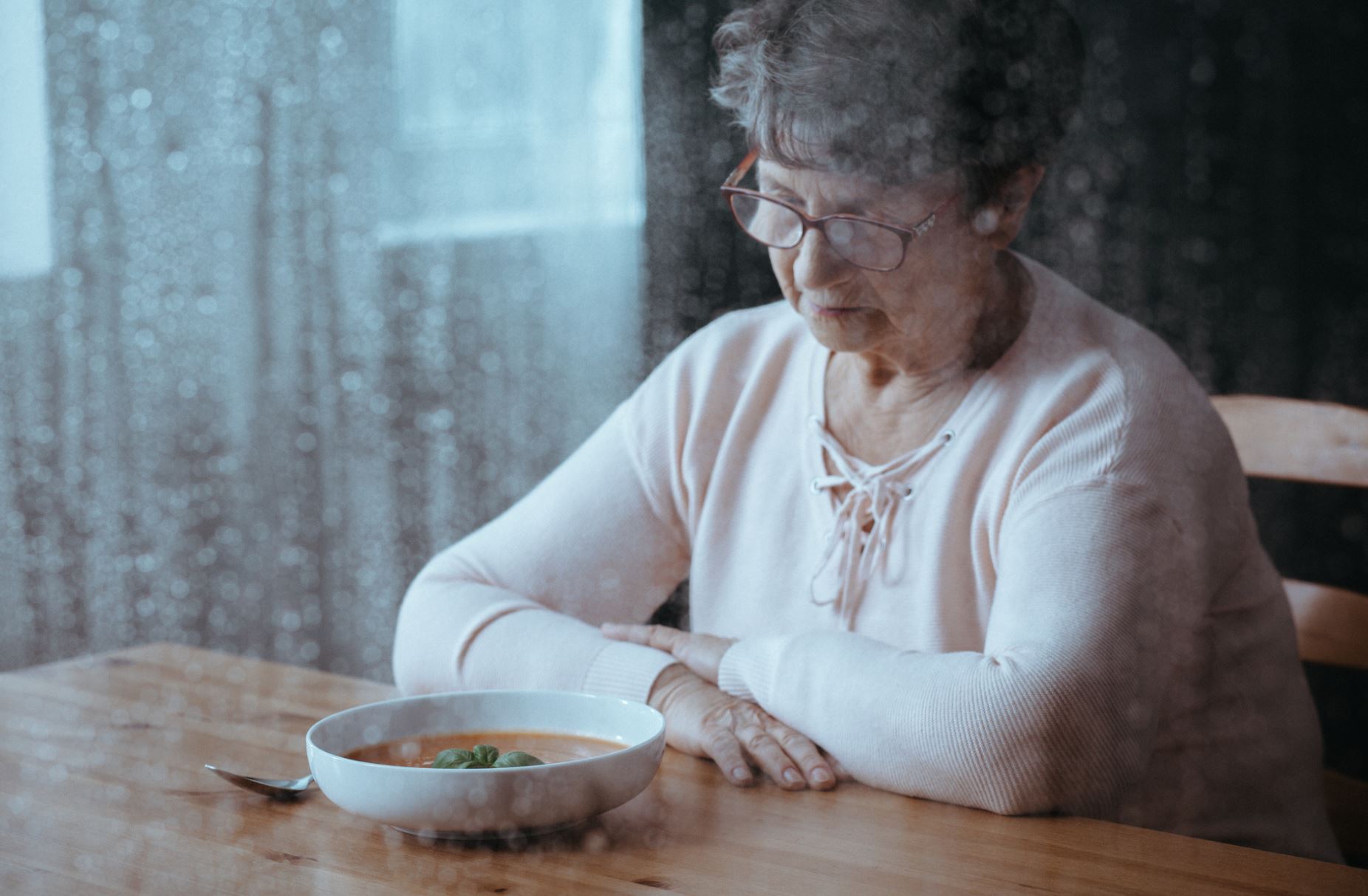
When people no longer experience pleasure from eating, it can lead to serious health complications, especially among older or infirmed people. Public health experts say this is a problem that can be overcome with strategies that enhance the joy of eating.
Flinders University is among the global institutions conducting studies into ‘Altered Eating’ – a term applied to the inability to enjoy food and eat well through various causes, including ageing, neurological conditions and malignancies.
It affects many people at all ages throughout various stages of life.
UK researcher Dr Duika Burges Watson, who is visiting Flinders University this week, leads the Altered Eating Research Network with Professor Vincent Deary, health psychologist and author of the trilogy How to Live.
Altered Eating has a significant impact on quality and enjoyment of life, outcomes of disease and treatments, social isolation and imparts an unrecognised economic impact on health care, which Dr Burges Watson will explain in a public seminar at Flinders Victoria Square, Adelaide, from 9.30am to 11.30am on Wednesday 27 November.
The seminar, chaired by John Coveney, Professor of Global Food, Culture and Health at Flinders University, will present outcomes from two Altered Eating Research Network studies that explore changed relationships with food and eating; The Altered Eating Approach and Food Play Methodology.
“The key point is to raise the possibility that sensory systems are not fixed and can be improved with training,” says Dr Burges Watson. “Putting joy back on the menu is something I feel passionate about.”
Dr Burges Watson’s visit to Adelaide ties in with continuing “social eating” research being conducted by Professor John Coveney at Flinders University.
“My research and Dr Burges Watson’s work find a home around the benefits of eating in company – also called Social Eating. We have been doing research on the role of social eating in preventing social isolation and loneliness,” says Professor Coveney, whose research receives funding from the Breakthrough Mental Health Research Foundation.
“Our work has shown that even one shared meal each week can mitigate the likelihood of loneliness and associated health problems. Obviously if people are not enjoying food, because of altered taste and flavour, then they are at risk of not prioritising eating and nourishment.”
The Breakthrough Mental Health Research Foundation grant will help to develop knowledge of the role of social eating in people likely to be socially and culturally isolated.
Dr Burges Watson’s research into Social Eating considers food “from source to senses” and examines how our experience of food may be altered.
Working with BBC Award-winning cook Sam Storey, she leads flavour masterclasses for the general public and those who are living with altered eating difficulties. She introduces ‘food play’ as a research method for working with people for whom food has lost its joy.

